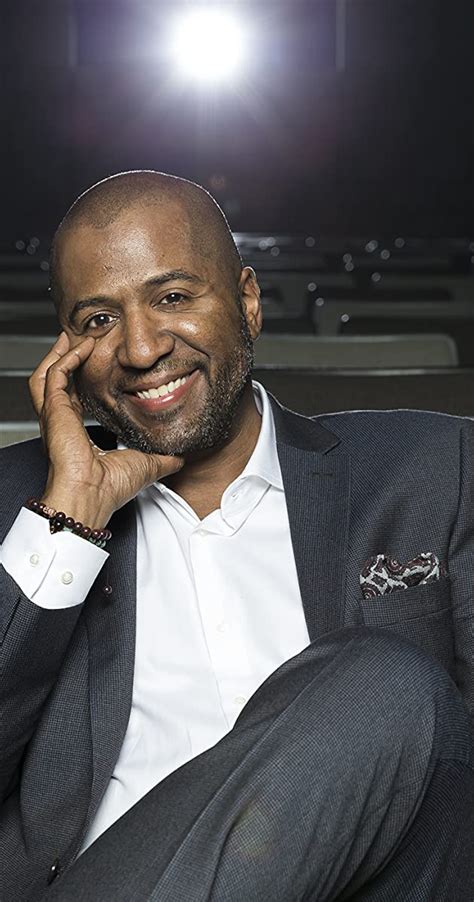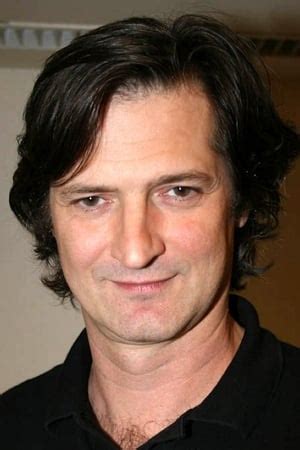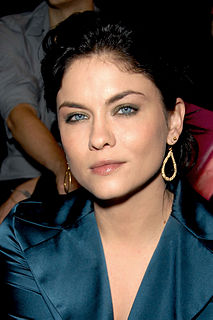A Quote by Darren Aronofsky
Unfortunately, when you're working in film, it's this huge machine, and you've got to get everyone right there, so you get kind of locked into things. I'm not sure where the artistry in film making is. It's usually that moment when you're on set and you're working with the actors. That's the time to play around, the moment of theater. And then you can shape things. But a lot of it is just managing stuff. It's upsetting because you get away from the core.
Related Quotes
I had a strong vision for 'The Best Man Holiday,' so I was able to translate that to the actors and ultimately to the screen. Things can't get too heavy or too outrageously funny; it has to strike a balance. Tone is everything. If you've set the right tone, you can get away with a lot of stuff. You can get away with making people cry.
Say you're working for a big overseas aid organization. You can't leave home in a Mercedes Benz, travel 80 kilometers to work in a great concrete structure where there are diesel engines thundering in the basement just to keep it cool enough for you to work in, and plan mud huts for Africa! You can't get the mud huts right if you haven't got things right where you are. You've got to get things right, working for you, and then go and say what that is.
I think being attracted to mistakes is one of the things that film can capture in a way that theater can't. Film can capture a moment of spontaneous life that will never be captured again. I like a lot of structure and a lot of lines, but then within that I make room for things to happen that you couldn't have predicted.
When I was younger, I definitely thought musical theater was sort of more pure than film. I used to say I'd never go to film because we had to get it right the first time in musical theater. But then, of course, I started doing film and realized I loved it. Keep in mind that I was 8 years old when I said that.
My experience over the years with working with people who are not actors or not trained actors is that you have to get to know them well enough to see what they have that's translatable onto the screen. So you're constantly calibrating to play to their strengths. And the key is to never ask them to do things that are beyond their abilities or are really far away from who they are at their core.






































